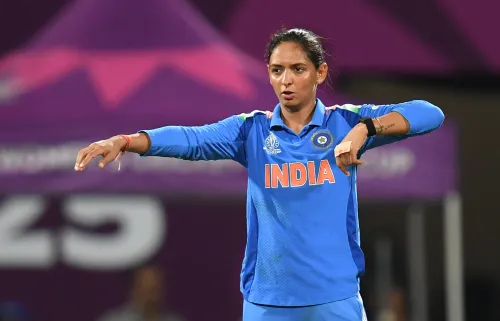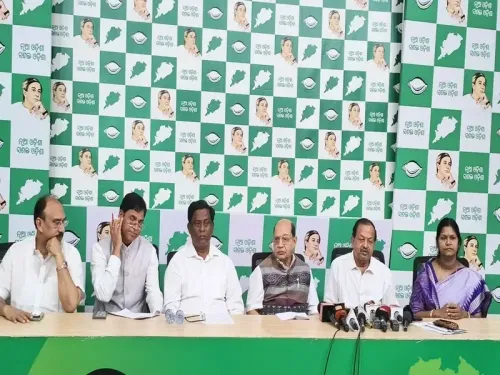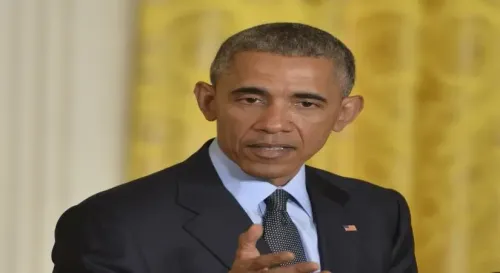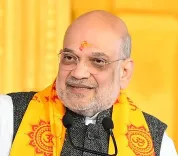Will Congress Continue in the DMK Alliance After Bihar's Setback?
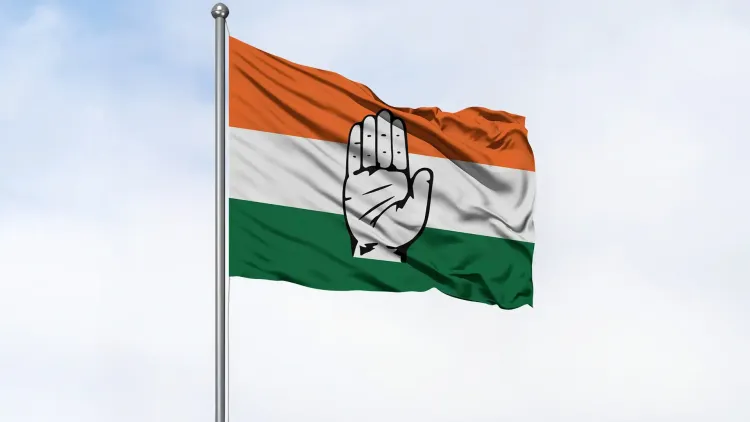
Synopsis
Key Takeaways
- Congress's defeat in Bihar impacts its alliances.
- Stability over experimentation is key for Congress.
- DMK-Congress partnership has been successful since 2019.
- TVK seeks to create a competitive front.
- Public support is crucial for TVK's ambitions.
Chennai, Nov 15 (NationPress) The Congress party's significant defeat in the Bihar Assembly elections has greatly reduced the chances of the party reassessing its alliance strategies in Tamil Nadu.
As per senior political analysts and insiders, the Congress leadership is now more determined to remain solidly within the DMK-led coalition, leaving minimal opportunities for other coalition experiments as the 2026 Tamil Nadu Assembly elections approach.
This setback in Bihar, where the Congress had anticipated a resurgence but instead faced a substantial electoral loss, has reportedly driven the party's central command to prioritize stability in states where it has established alliances.
In Tamil Nadu, the DMK-Congress collaboration has yielded consistent electoral victories since 2019, both at the parliamentary and state assembly levels, making this performance crucial as the Congress reassesses its national strategy.
This development has been a significant disappointment for the Tamilaga Vetri Kazhagam (TVK), which had hoped to integrate the Congress into its coalition to form a robust alternative front.
TVK leaders had anticipated that the national party might explore a new coalition, especially given actor-politician Vijay's recent public call for establishing a stable coalition government post-2026.
There had been rising speculation within political circles that some Congress MLAs, MPs, and district-level officials—particularly those dissatisfied with the current TNCC leadership—were open to the idea of aligning with TVK.
Some Congress members reportedly viewed the emerging party as a platform that could offer more seats and potential cabinet positions in a future coalition government.
TVK leaders, on the other hand, were optimistic due to internal survey results showing the party enjoys approximately 26 percent public support across Tamil Nadu.
They believed this positioned TVK competitively in a possible three-way contest involving DMK, AIADMK, and a TVK-led coalition.
For the party, Congress was seen as the most viable second partner due to its statewide organizational presence and national status, which TVK considered essential for attracting neutral voters.
Furthermore, TVK representatives frequently referenced the amicable relationship between Vijay and Congress leader Rahul Gandhi, dating back to their 2012 meeting, as a potential facilitator for smoother political negotiations.
However, the political landscape has shifted dramatically following the Bihar results. Now, Congress leaders in Tamil Nadu are convinced that the high command will adhere to the DMK alliance due to its proven electoral success and the parliamentary strength it continues to provide at a time when the party seeks stability over experimentation.


